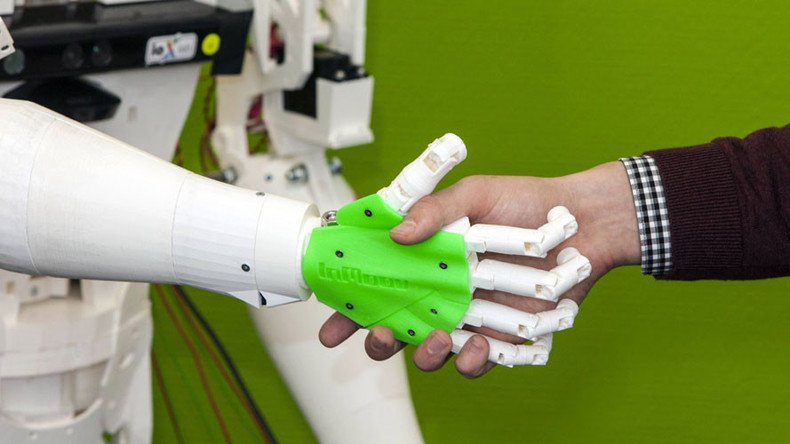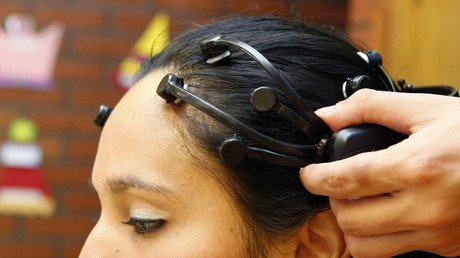Millions of jobs in the UK are in jeopardy because of robots taking over various sectors of the labor market.
According to the latest report on the impact of automation on the UK’s labor force, up to 10 million jobs are at risk of being replaced by machines within 15 years.
Routine and/or manual jobs, such as those in bookkeeping or retail, are among those at higher risk of being cut because of ground-breaking developments in Artificial Intelligence (AI), according to consultancy firm PwC.
The UK Economic Outlook report claims jobs in the transport and storage sector are more likely to go, with the proportion of them risking automation at 56 percent.
Although John Hawksworth, chief economist at PWC, said no industry is “entirely immune” from automation, there are jobs which require more of a “human touch,” like those in education and social services, which would be harder for machines to take over.
Development in automation, however, does not mean a direct fall in unemployment, as it increases productivity, which in turn generates more wealth and jobs in different sectors.
“In many ways automation is a good thing,” Hawksworth told the BBC.
“It’s going to boost productivity, a big problem for the UK recently, and increase incomes… which will increase demand for human jobs in other areas.”
The report also said that automation may also be good as it allows people to take on jobs which are more rewarding and less mechanical.
“Automating more manual and repetitive tasks will eliminate some existing jobs, but could also enable some workers to focus on higher value, more rewarding and creative work, removing the monotony from our day jobs,” Sky News reported the chief economist as saying.
The findings also reveal that men face a higher chance of losing their jobs as a consequence of AI evolution, given they mostly occupy the sectors at potential risk of being swept away.
Automation could also widen inequality as it would be advantageous for those with “knowledge to thrive in an even more digital economy,” Hawksworth claimed.
While saying that a future scenario may see a truck driver “job sharing” with a self-driving lorry, "ultimately, people are going to have to be more adaptable,” Hawksworth said, according to the BBC.
But the report called on the government to invest more on training for lower-skilled people in the next 10 or 20 years.
Jon Andrews, head of technology and investments at PwC, said it is essential no one is “left behind,” as automation reshapes the UK’s labor force.
“There’s no doubt that AI and robotics will rebalance what jobs look like in the future, and that some are more susceptible than others,” he said.
“What’s important is making sure that the potential gains from automation are shared more widely across society and no one gets left behind,” he said on Sky News.
The Bank of England warned back in 2015 that up to 15 million jobs in Britain could be at risk from automation, and expressed concern that a “third machine age” would further increase inequality.
Speaking to the TUC trade union organization, the bank’s chief economist, Andy Haldane, said: “Technology appears to be resulting in faster, wider and deeper degrees of hollowing-out than in the past.”
“Why? Because 20th-century machines have substituted not just for manual human tasks, but cognitive ones too,” Haldane said.
“The set of human skills machines could reproduce, at lower cost, has both widened and deepened.”



